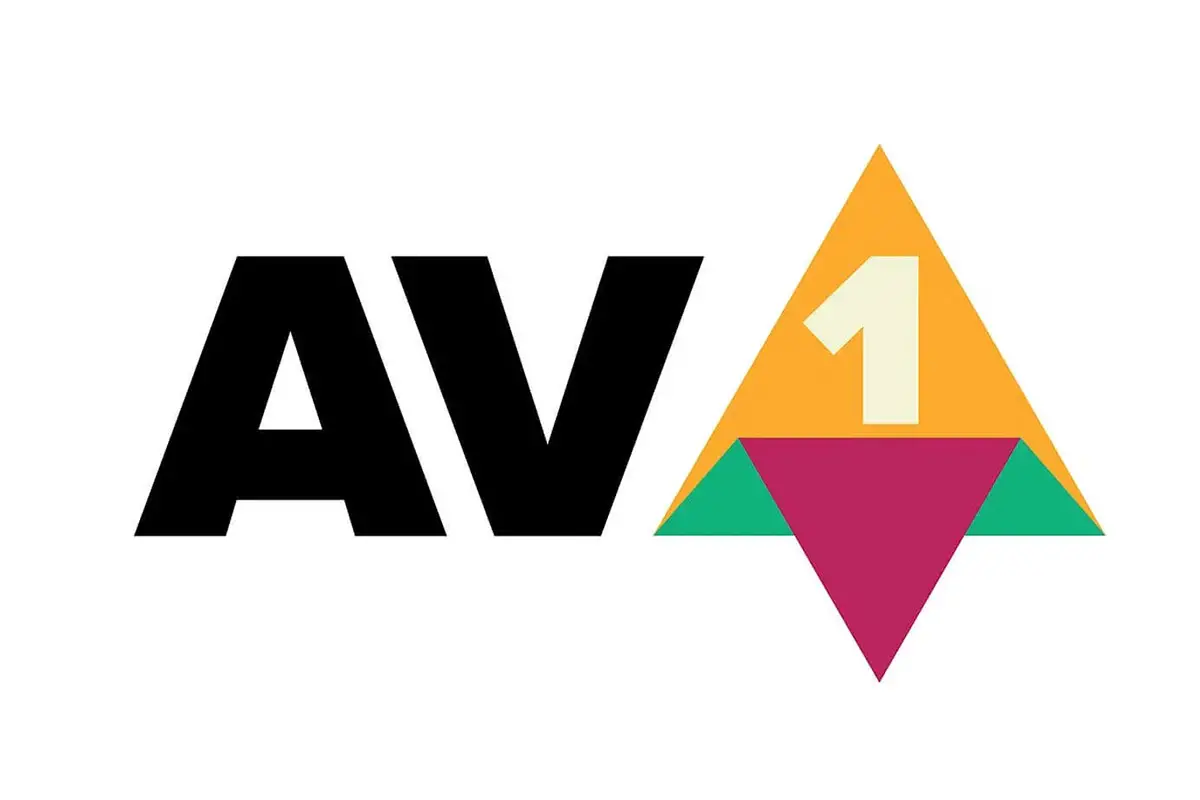Sisvel, a Luxembourg-based company, has formed a patent pool, and are selling a patent license for AV1. The pool was announced in early 2019,
[188] but a list of claimed patents was first published on 10 March 2020.
[189] This list contains over 1050 patents.
[189] The substance of the patent claims remains to be challenged.
[190] Sisvel has stated that they won't seek content royalties, but their license makes no exemption for software.
[189][190]
As of March 2020, the Alliance for Open Media has not responded to the list of patent claims. Their statement after Sisvel's initial announcement reiterated the commitment to their royalty-free patent license and made mention of the "AOMedia patent defense program to help protect AV1 ecosystem participants in the event of patent claims", but did not mention the Sisvel claim by name.
[191]
According to The WebM Project, Google does not plan to alter their current or upcoming usage plans of AV1 even though they are aware of the patent pool, and third parties cannot be stopped from demanding licensing fees from any technology that is open-source, royalty-free, and/or free-of-charge.
[192]
On July 7th, 2022, it was revealed that EU antitrust regulators had opened an investigation into
AOM and its licensing policy. It said this action may be restricting the innovators' ability to compete with the AV1 technical specification, and also eliminate incentives for them to innovate.
[193]
The Commission has information that AOM and its members may be imposing licensing terms (mandatory royalty-free cross licensing) on innovators that were not a part of AOM at the time of the creation of the AV1 technical, but whose patents are deemed essential to (its) technical specifications





